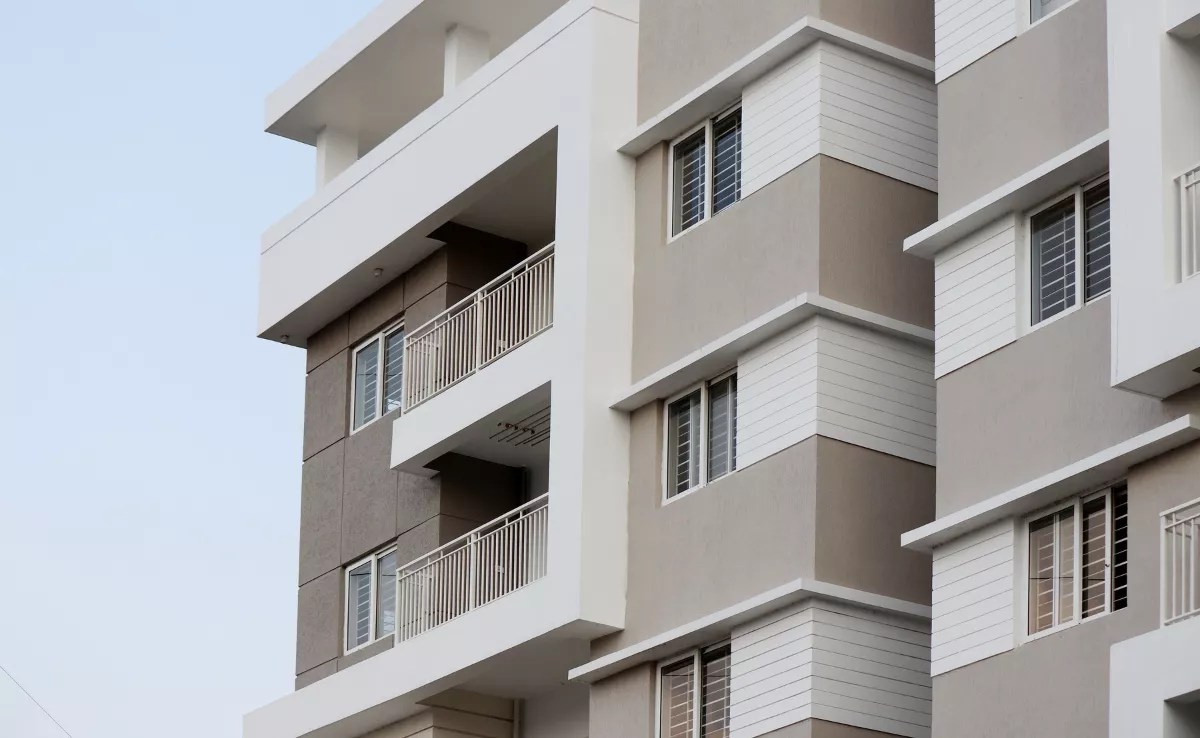
SANTA CRUZ DE TENERIFE, March 4. (EUROPE PRESS) –
Around 4,500 women in the Canary Islands are at risk of suffering female genital mutilation, according to the director of the Canary Institute for Equality (ICI), Kika Fumero, who this Friday opened the conference on prevention and action against female genital mutilation in Canarias, which take place on March 4 and 5 in Santa Cruz de Tenerife.
“The Canary Institute for Equality wants to actively listen to professionals and experts in female genital mutilation in order to avoid an ethnocentric point of view and approach this practice in a serious and contextualized way,” said the director of the ICI.
Kika Fumero drew attention to the use of genital plastic surgery in our Western society. In addition, he advanced that the Canarian Institute of Equality, within the framework of the agreement established with the two Canarian universities, is carrying out a diagnosis on female genital mutilation this year “in order to have quantitative and qualitative data that an X-ray offers us as faithful as possible on the situation of this practice in the Archipelago”.
“It is important to have information and knowledge of the negative repercussions of female genital mutilation because we are talking about practices that violate fundamental rights and threaten the sexual and reproductive health of women, ultimately against their freedom,” said the director.
Fumero advanced that, within the framework of the agreement with Essscan, in 2022 training will be given in this matter to the group of professionals from the resource network for women victims of gender-based violence, since “genital mutilation is considered sexist violence within of the Canarian Law against Gender Violence, in addition to the fact that it is necessary to offer professional training to have an optimal intervention in these cases”.
How to talk about female mutilation, networking to combat it, prevention work, the importance of cultural mediation as well as workshops and talks on how to address the integration of migrant women, are some of the topics that will be addressed during the sessions on March 4 and 5 at the Museum of Nature and Archeology (MUNA), with the participation of activists, specialists, lawyers, journalists and cultural mediators.
















